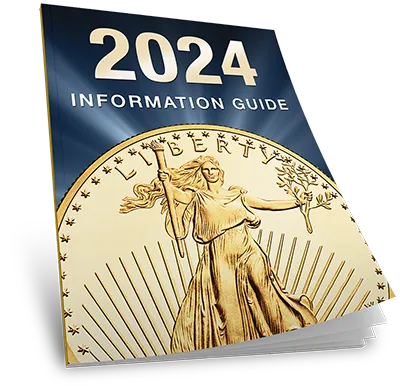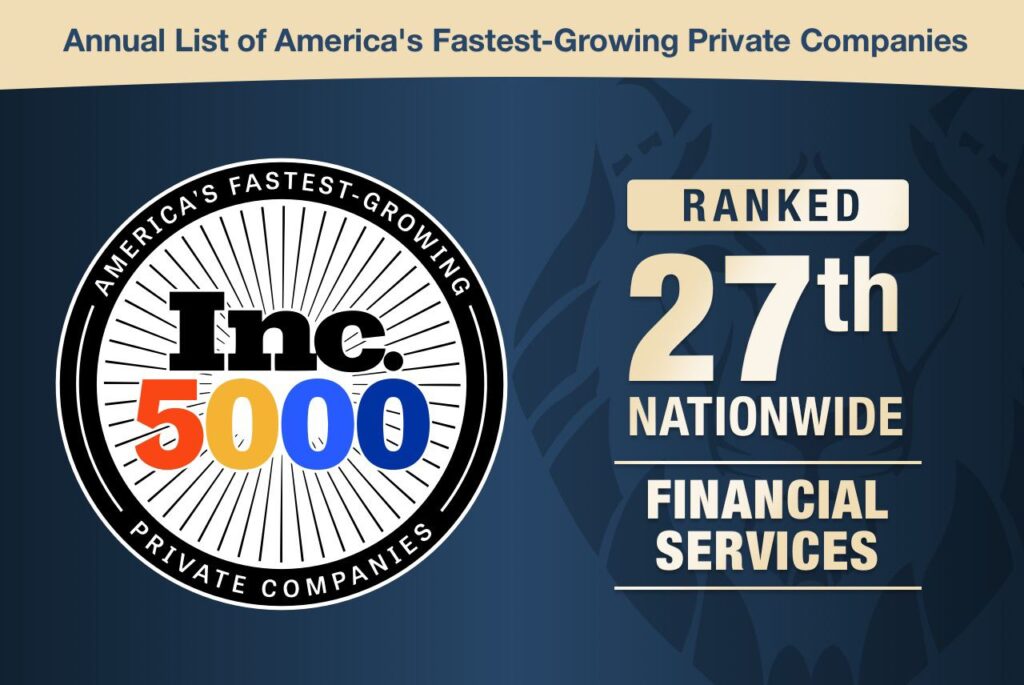The Federal Reserve has raised rates twice in 2017 in a burst of apparent optimism over the American economy.
So why is a Federal Reserve bank President speaking out?
At a banker’s convention in Nashville last week, St. Louis Fed President James Bullard painted a sharply alternate view of America’s current “prosperity.”
He said optimism about the economy has faded since March. Report after report has revealed no better than anemic economic growth.
For example, economists were surprised to see the Manufacturing Purchasing Managers Index fall to a nine-month low in June. This is a critical indicator showing the economic health of the entire manufacturing sector, including new orders, employment, inventory, production and supplier health.
The St. Louis Fed President says he sees no reason to raise interest rates further. He believes the economy is stuck in a low growth gear and losing momentum.
Despite this red flag, Fed Chair Janet Yellen is expected to be vocal this week about wanting to tighten rates further, hopefully sooner than later.
It will be interesting to observe if other Fed Presidents break ranks. The Fed may be overreaching on fase hope at a time when the economy is struggling to move forward.
Consider what that might mean at a time when stock and housing markets are at peak levels all around.
These are among the reasons that savvy investors consider diversifying with gold and silver in their retirement accounts.
SINGER: THE FINANCIAL SYSTEM IS OVER-LEVERAGED
Elliott Management founder and billionaire Paul Singer thinks the financial system in the U.S. is a lot less safe today than before the last financial crisis.
Speaking at the recent Bloomberg Invest Summit, Singer faulted the last nine years of monetary extremism for creating serious dislocations in the economy. Singer thinks that quantitative easing, near-zero interest rates and experimental fiscal policies have caused unnatural economic growth.
According to Singer, wrongheaded policies have been partially responsible for increased inequality, middle class economic stress and the growth of fringe populism.
Singer warns that monetary extremism has created an artificial overvaluing of financial assets, even worse than before 2008. The hedge fund guru expects an abrupt shift in investor sentiment leading to crash in stocks and bonds.
Wells Fargo senior global equity strategist Scott Wren warns stock valuations are stretched and there are plenty of headwinds in the second half of the year. The problem is that investors are betting on increasingly-unlikely tax reform from Washington. If nothing happens by 2018, Wren sees a recession in 2019.
Mark Eibel, client investment strategies director at Russell Investments, agrees with Wren. Stock investors banking on Congress to take them higher face significant risks.
TRADE YOUR COMPLACENCY FOR READINESS
These are dangerous times for retirement investors who have grown complacent.
U.S. national debt is soaring. Geopolitical tensions are rising and trust in governments and institutions is shrinking. Gridlock is Washington appears to be permanent. The president’s ambitious agenda is stalled and the stock market is priced for perfection. China is seeking actively to overthrow the dollar as the world’s currency and no paper-based asset is safe when the next financial or geopolitical crisis hits.
Diversifying your portfolio with gold brings all the benefits of physical, safe-haven assets when the next financial crisis or unexpected world event begins.






